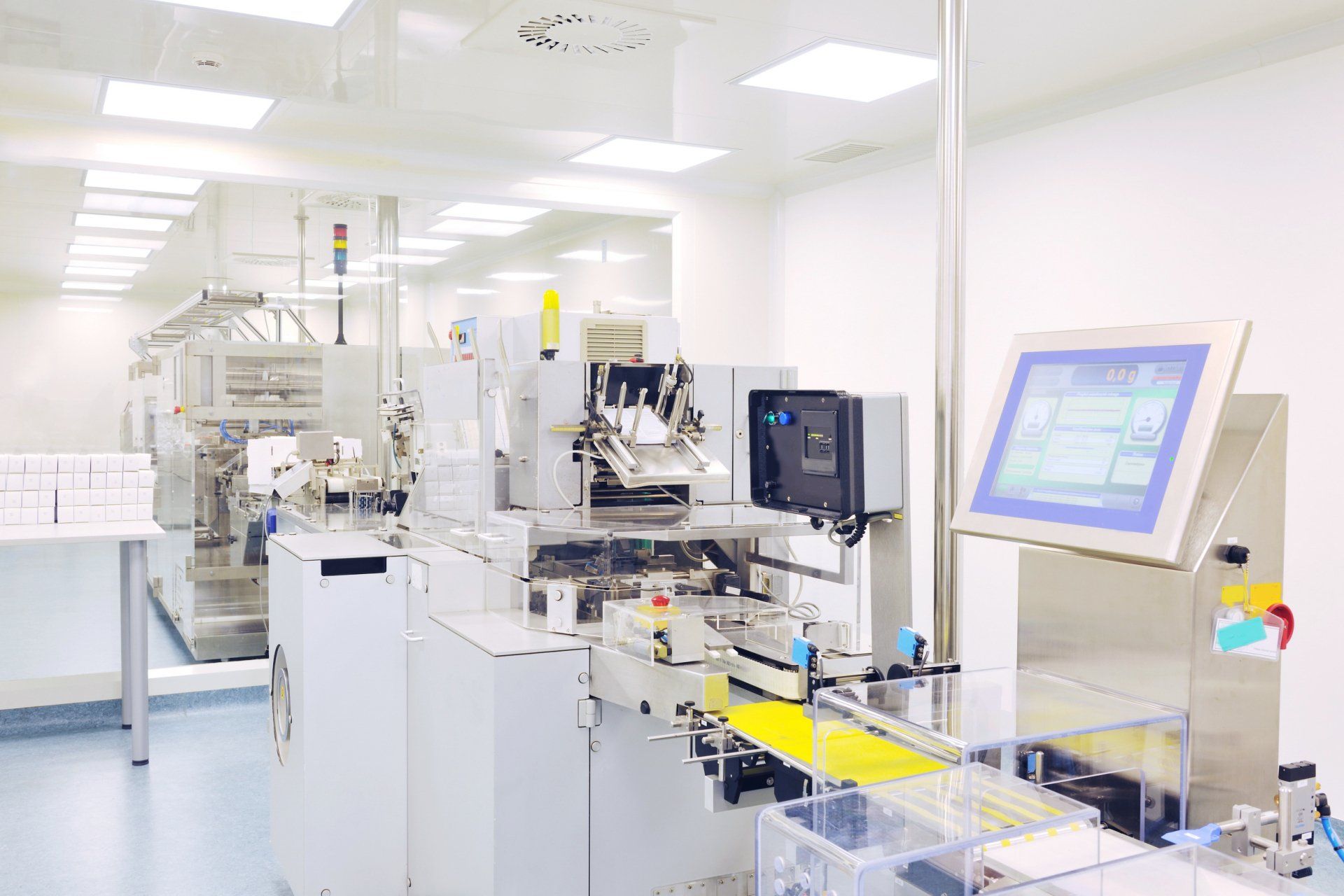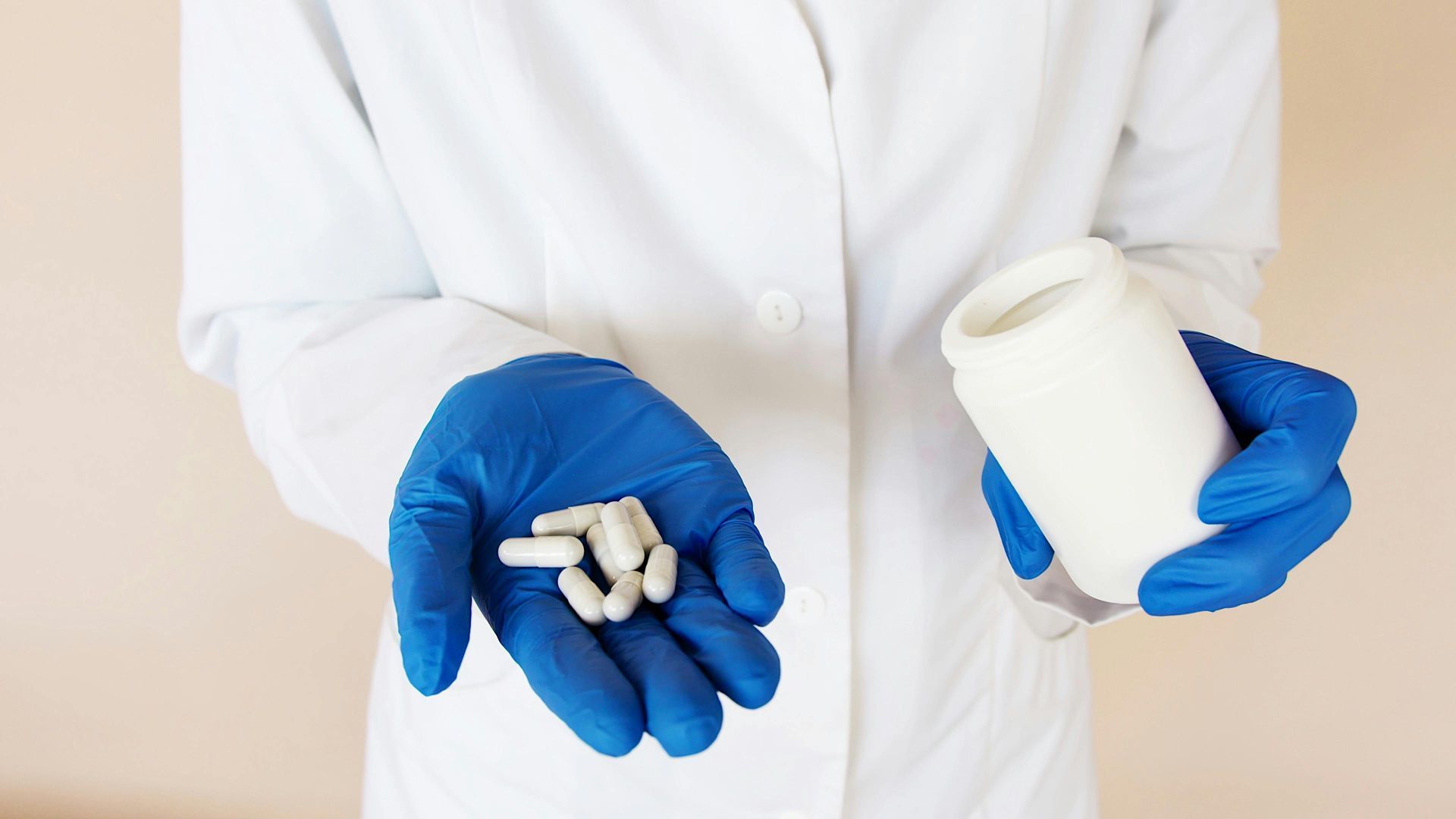Cybersecurity and Medical Devices: What You Need to Know

The increasing digitization of medical devices has introduced a new threat that the modern pharmaceutical industry fears: the possibility of cybersecurity breaches in our medical equipment.
To prevent our essential medical devices from becoming compromised, medical device manufacturers need to ensure they have the proper cybersecurity protocols instilled in their company policies and cultures.
The SweynTooth Vulnerability
The Food and Drug Administration (FDA) has recently reported on a new set of cybersecurity vulnerabilities known as “SweynTooth” that may impact certain medical devices.
Specifically, it targets a wireless communication protocol called Bluetooth Low Energy (BLE) that allows two devices to share information over an energy-saving wireless connection. BLE is available in many consumer electronics, though many medical devices use it too.
The exploit allows an unauthorized party to crash the device or stop its functions wirelessly. Affected equipment includes ultrasound devices, glucose monitors, and pacemakers. While no severe cases have come to the attention of the FDA, the means to access these exploits is available publically.
What It Means for Medical Device Manufacturers
As medical devices become increasingly connected to make them more versatile and effective, an inherent risk arises where the possibility of security breaches leaves manufacturers on their toes.
The FDA intends the following in response to the growing threat:
The focus should be on protecting the patients’ safety. The FDA is currently focusing on microchip manufacturers such as Texas Instruments, Microchip, and Telink Semiconductor that contribute to the production of pacemakers, insulin pumps, and blood monitors.
The FDA’s Recommendation
In order to maintain compliance and reduce your business’s liability, your company should look to encrypt your medical devices and prevent cybersecurity attacks against your patients.
Consider conducting risk assessment according to the FDA’s official postmarket management guide. Collaborate with your microchip manufacturers to keep your devices up-to-date with the latest patches and continue to monitor new vulnerabilities to respond to them promptly.
CfPIE Is Your Answer to Professional Medical Device Training
Another vital component of digital security in a market susceptible to vulnerabilities is staff education. Even experienced professionals need to stay up-to-date on new research and findings in the industry.
We recommend that medical staff undergo pharmaceutical training courses for the sake of certification and compliance. In terms of medical device management, including digital security, we recommend the following courses:
Put your medical staff in an advantageous position by giving them the latest in medical device knowledge. Browse our coursework in fields such as Pharma & Biotech, Medical Devices, Skin and Cosmetics, and many others.
- Requiring manufacturers to stay alert for potential cybersecurity vulnerabilities.
- Ensuring that they disclose vulnerabilities and provide risk mitigation strategies.
- Working with medical device companies and research centers to address these concerns.
The focus should be on protecting the patients’ safety. The FDA is currently focusing on microchip manufacturers such as Texas Instruments, Microchip, and Telink Semiconductor that contribute to the production of pacemakers, insulin pumps, and blood monitors.
The FDA’s Recommendation
In order to maintain compliance and reduce your business’s liability, your company should look to encrypt your medical devices and prevent cybersecurity attacks against your patients.
Consider conducting risk assessment according to the FDA’s official postmarket management guide. Collaborate with your microchip manufacturers to keep your devices up-to-date with the latest patches and continue to monitor new vulnerabilities to respond to them promptly.
CfPIE Is Your Answer to Professional Medical Device Training
Another vital component of digital security in a market susceptible to vulnerabilities is staff education. Even experienced professionals need to stay up-to-date on new research and findings in the industry.
We recommend that medical staff undergo pharmaceutical training courses for the sake of certification and compliance. In terms of medical device management, including digital security, we recommend the following courses:
- Overview of FDA Regulatory Compliance for Medical Devices
- European Regulatory Procedures - EMA & National Requirements
- Medical Devices: The New MDRs, EU Directives, Guidance, CE Marking and ISO Standard
- Design Validation, Verification, and Risk Analysis for Medical Device Professionals
- Design Control for Medical Device Professionals
- Medical Device Process Validation Training for Professionals
Put your medical staff in an advantageous position by giving them the latest in medical device knowledge. Browse our coursework in fields such as Pharma & Biotech, Medical Devices, Skin and Cosmetics, and many others.
Blog Categories
Stay Informed


